This week we have a focus on the manifestos but some other interesting things first:
Data protection within data analytics – The Information Commissioner has opened a formal investigation to assess the potential risk to data protection when using data analytics for political purposes. It will consider the practices deployed during the UK’s EU Referendum campaign and potentially also in other campaigns. As the data is transnational the investigation will explore how companies operating internationally deploy such practices with impact or handling of data in the UK. The priority is to uphold the rights of individuals and ensure that political campaigners and companies providing services to political parties operate within UK law. The timing of the investigation alongside the election campaigning is coincidental.
Have you submitted evidence to a select committee? – Parliament is currently reaching out to researchers who have submitted evidence to any select committee in the past. They aim to understand more about researchers needs to redesign the parliamentary website making it easier to use. They are investigating:
- Individual’s interest in UK Parliament select committees
- Individual’s experience of submitting evidence to UK Parliament select committees
- What’s difficult or confusing in relation to UK Parliament select committees
If you have submitted select committee evidence and wish to provide feedback you can schedule a discussion regarding your experience by emailing outreach@parliament.uk or calling 020 7219 1650.
General Election 2017 – You can read our summary of each manifesto’s commitments to HE, Apprenticeships/Technical Education, Schools Policy, Industrial Strategy and Migration here.
On migration in particular, Politics Home reports on the Frontbench rebellion – every senior minister in Theresa May’s Cabinet is said to be opposed to her aim of reducing net migration. George Osborne calls the policy “economically illiterate”. Also covered by The Telegraph.
On the conservative manifesto and HE, HEPI have a blog by Nick Hillman “Forward, together or more of the same”, with a link to this Education Policy Institute paper by Professor Alison Wolf (2016) “Remaking Tertiary Education”.
Labour:
- Will reintroduce maintenance grants for university students.
- Will abolish university tuition fees.
- Health training:
- Will re-introduce bursaries and funding for health-related degrees.
- Will continue to support all training routes for social workers, including initial social work training provided within or accredited by a higher education institution.
- Will invest in the training, education and development of doctors, throughout their careers.
- Will seek to remain part of Horizon 2020
- Will immediately guarantee existing rights for all EU nationals living in Britain and secure reciprocal rights for UK citizens living in EU countrie Guaranteeing the rights of EU staff working in health and care services gets a specific mention.
- Will end freedom of movement when the UK leaves the European Union
- Will introduce a new migration system based on economic needs, balancing controls and existing entitlements. This may include employer sponsorship, work permits, visa regulations or a tailored mix. International students will not be included in immigration statistics.
- Will create an innovation nation – ODEC target of 3% of GDP spent on research and development by 2030. Also a separate commitment to grow business by “commuting extra research investment”
- Will identify strategic industries and establish councils to oversee the security and growth of each sector
- Will appoint a Digital Ambassador to work with industry to encourage investment in technology firms, and provide support for start-ups to scale up
- Will improve diversity in the film industry
- Will introduce a £1 billion Cultural Capital Fund to upgrade existing cultural and creative infrastructure to be ready for the digital age.
- Commits to supporting tourism and will reinstate the cross-Whitehall ministerial group on tourism.
- Ban unpaid internships.
Conservative:
The manifesto tackles the ‘five giant challenges’ which are:
- a strong economy (the industrial strategy working for everyone),
- Brexit,
- social mobility/enduring inequality of opportunity,
- an ageing society, and
- fast changing technology.
- Universities to sponsor local schools and open opportunities to local people – it will be a condition for universities hoping to charge maximum tuition fees to become involved in academy sponsorship or the founding of free schools
- Launch a major review of funding across the whole of tertiary education (college, university and vocational courses)
- Encourage clusters of public services, private businesses and, where appropriate, universities supported by moving civil/public servants (including the senior posts) out of the south-east to other UK cities.
- University investment funds – universities will lead the expansion of Research & Development capacity. The Conservatives plan to help universities make a success of their discoveries through larger, aggregated investment funds – replicating the success of similar university funds in the US. “We want universities to enjoy the commercial fruits of their research, through funds that are large enough to list, thereby giving British investors a chance to share in their success.”
- Encourage the world to visit, study and do business in the UK through the GREAT Britain campaign and Visit Britain.
- Deliver autumn statement promises for investment in research and development, and further growth to meet the current OECD average for investment in R&D (2.4% of GDP) within ten years, with a longer-term goal of 3%.
- Increase the number of scientists working in the UK and enable leading scientists from around the world to work here.
- Bursaries for prospective teachers to attract top graduates into teaching
- For new teachers ‘offer forgiveness’ on student loan repayments while actively teaching
- Toughen the visa requirements for students – and include overseas students in the immigration statistics
- Take recommendation from Migration Advisory Committee on aligning the visa system with the industrial strategy. Potentially reserving significant numbers of visas for significant sectors, e.g. digital technology, without increasing net migration overall
- Immediately redress economic skills shortage needs, ensuring the immigration system works for these sections, positioned within a longer term skills development policy for the future
- Double the Immigration Skills Charge levied on companies employing migrant workers to £2,000 a year by end of next parliament – reinvesting the revenue generated for higher level skills training for UK workers
- Reduce annual net migration to the tens of thousands
- Introduce the right to lifelong learning in digital skills (akin to the literacy & numeracy programme).
- Make further use of the creative industries tax credits scheme, in order to promote and grow the online media industry
Plus many things already proposed by the last government in various recent green/white papers and consultations on education and schools, technical education and the industrial strategy– e.g. T-levels, institutes of technology, apprenticeships, grammar schools, maths schools, R&D focus through industrial strategy funding,.
Liberal Democrats:
The Lib Dems have already confirmed they will not form part of a coalition if June’s election results in a hung parliament.
- Commitment to a second Europe referendum, with an option to stay in the EU.
- Reinstate university maintenance grants for the poorest students, including student nurse bursaries
- Establish a review of higher education finance in the next parliament, with an eye to reform based on consideration of access, participation and quality impact evidence.
- No more retrospective raising of repayment rates, or selling-off of student loans to private companies.
- Ensure that all universities work to widen participation across the sector, prioritising work with students in schools and colleges. Requirement for transparency of admissions selection criteria.
- Establish a system for credit transfer and recognition of prior learning and qualifications
- Reinstate quality assurance for universities applying for degree awarding powers. (p31)
- Create individual learning accounts for funding mature adult and part-time learning and training (likely to be primarily within FE sector).
- Fast-track exceptional graduates into children’s social work and mental health social work
- Press for the UK to unilaterally guarantee the rights of EU nationals in the UK. Simplify registration process for EU nationals to obtain permanent residence and UK citizenship. Obtain the same rights for UK citizens living in European Union countries
- A manifesto commitment to retain access to Horizon 2020 and Marie Sklodowska-Curie actions fund. Guarantee to underwrite funding for EU-funded projects (e.g. Horizon 2020) where income is cancelled through Brexit. Campaign against reduction in investment in UK universities and for their right to apply for EU funds on equal terms (Brexit).
- Protect the science budget, including the recent £2bn increase, by raising it at least in line with inflation. Double innovation and research spending across the economy in the long term.
- Scrap the planned expansion of grammar schools, opposing any new selective schools and passing democratic control and funding for admissions and new schools back to local authorities.
- Establish a new online Family University (collaboration with BBC and Open University).
- Devolve power to ensure local autonomy “with real financial muscle” to tackle the regional divide, including devolving decision-making for the key economic development levers of transport, housing and skills.
- Develop a new retail and business strategy and national skills strategy for key sectors
- Create more ‘catapult’ innovation and technology centres..


 Winston Churchill Memorial Trust
Winston Churchill Memorial Trust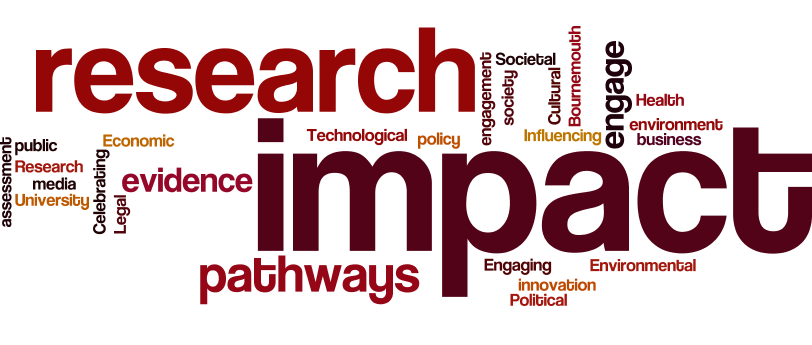
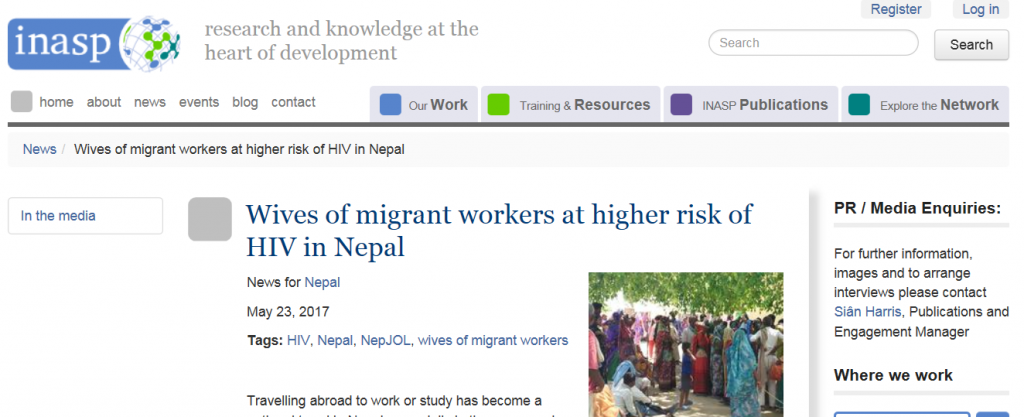
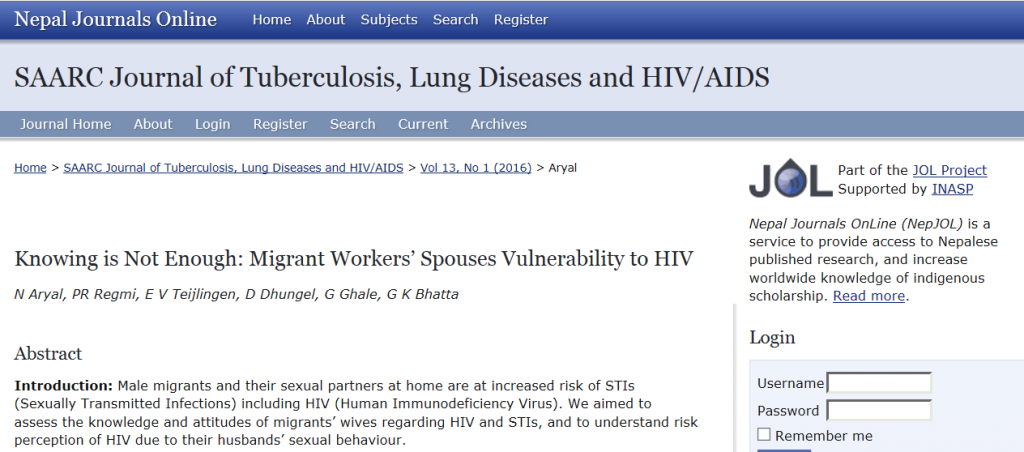
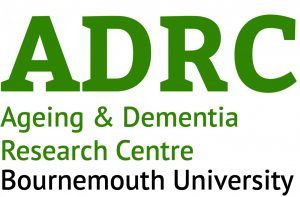



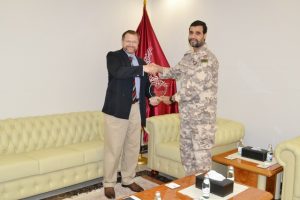
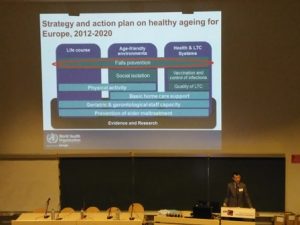
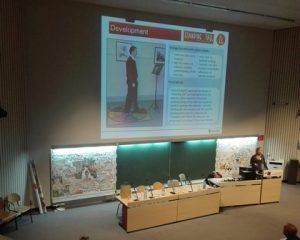
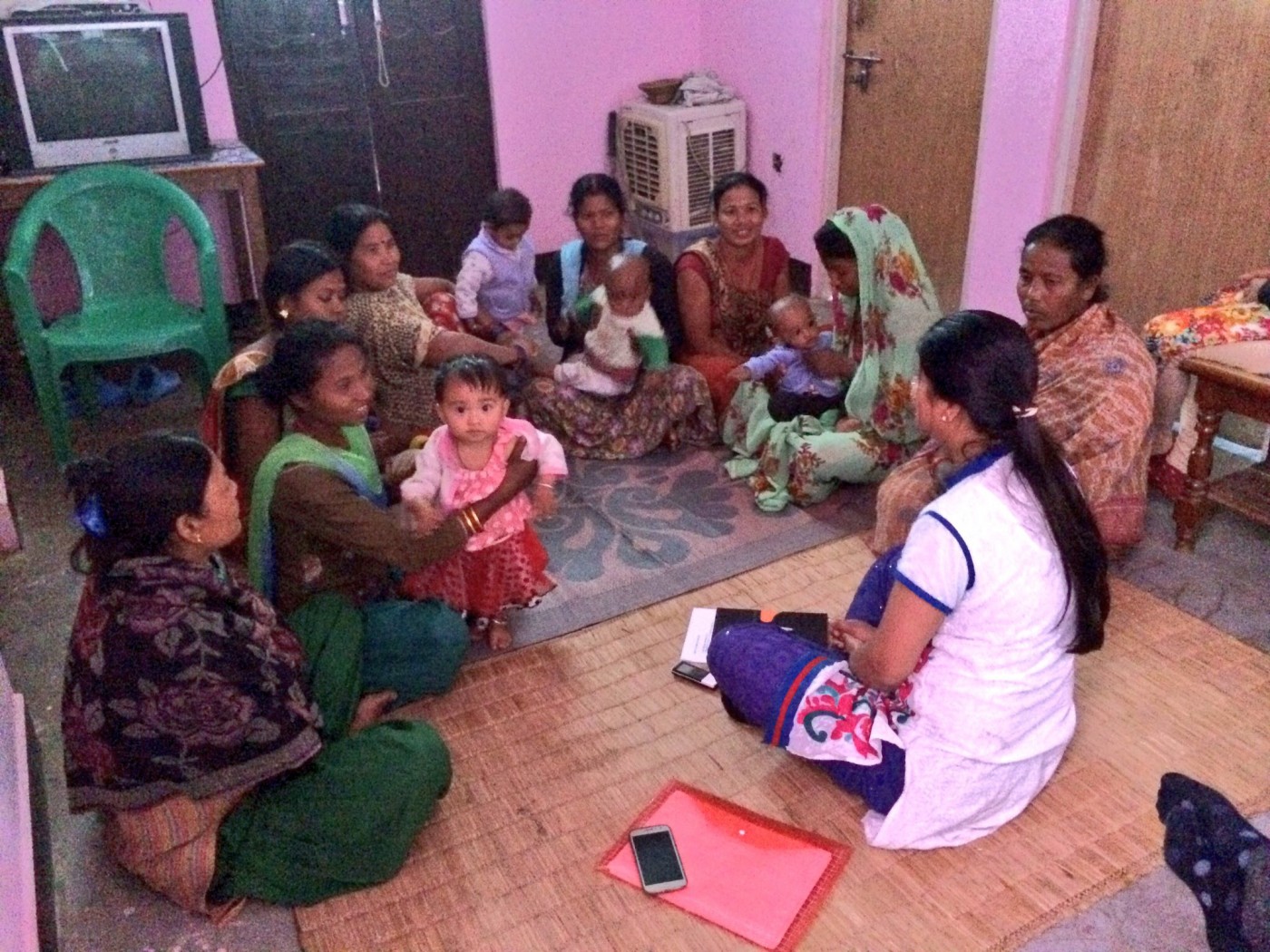


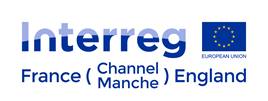 Bournemouth University are pleased to announce that Christelle Pereira, Interreg VA France (Channel)-England Programme Facilitator will be delivering an information session in the afternoon of Wednesday, 21st June 2017. The main topic for this event will be Cultural Heritage.
Bournemouth University are pleased to announce that Christelle Pereira, Interreg VA France (Channel)-England Programme Facilitator will be delivering an information session in the afternoon of Wednesday, 21st June 2017. The main topic for this event will be Cultural Heritage.











 From Sustainable Research to Sustainable Research Lives: Reflections from the SPROUT Network Event
From Sustainable Research to Sustainable Research Lives: Reflections from the SPROUT Network Event REF Code of Practice consultation is open!
REF Code of Practice consultation is open! BU Leads AI-Driven Work Package in EU Horizon SUSHEAS Project
BU Leads AI-Driven Work Package in EU Horizon SUSHEAS Project ECR Funding Open Call: Research Culture & Community Grant – Apply now
ECR Funding Open Call: Research Culture & Community Grant – Apply now ECR Funding Open Call: Research Culture & Community Grant – Application Deadline Friday 12 December
ECR Funding Open Call: Research Culture & Community Grant – Application Deadline Friday 12 December MSCA Postdoctoral Fellowships 2025 Call
MSCA Postdoctoral Fellowships 2025 Call ERC Advanced Grant 2025 Webinar
ERC Advanced Grant 2025 Webinar Update on UKRO services
Update on UKRO services European research project exploring use of ‘virtual twins’ to better manage metabolic associated fatty liver disease
European research project exploring use of ‘virtual twins’ to better manage metabolic associated fatty liver disease